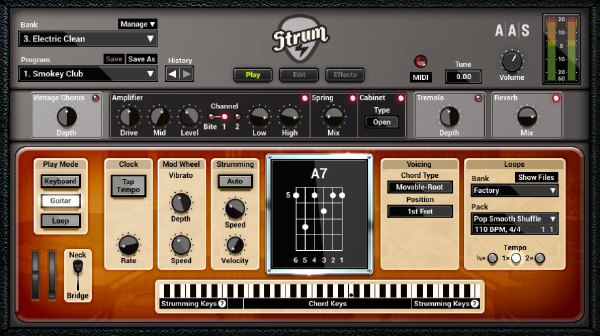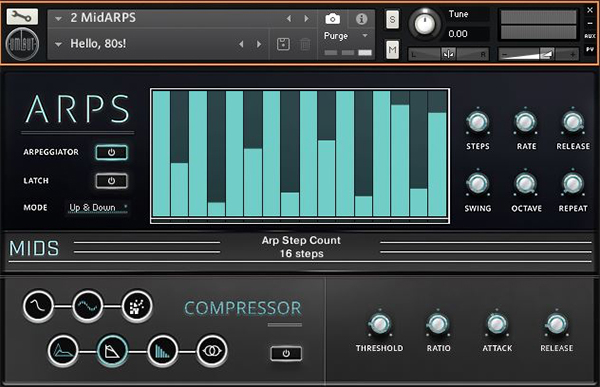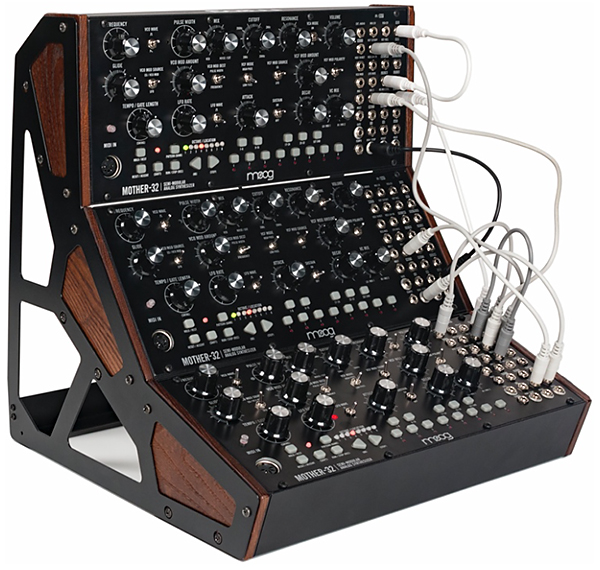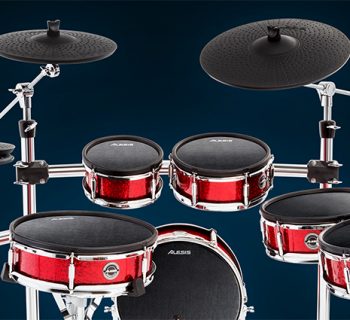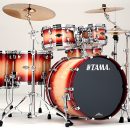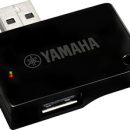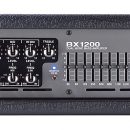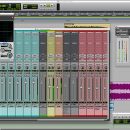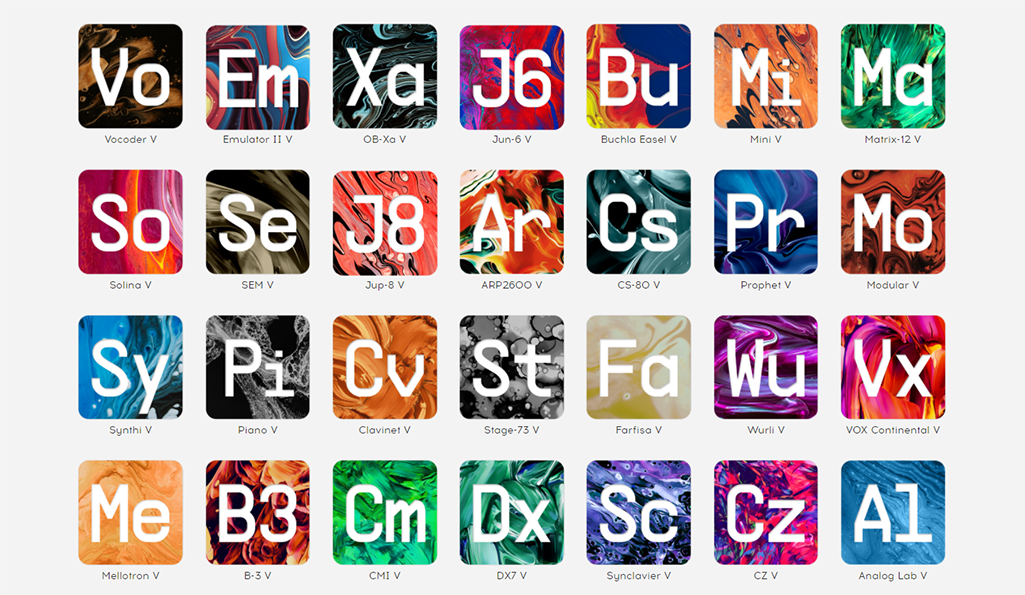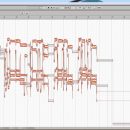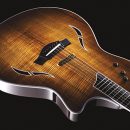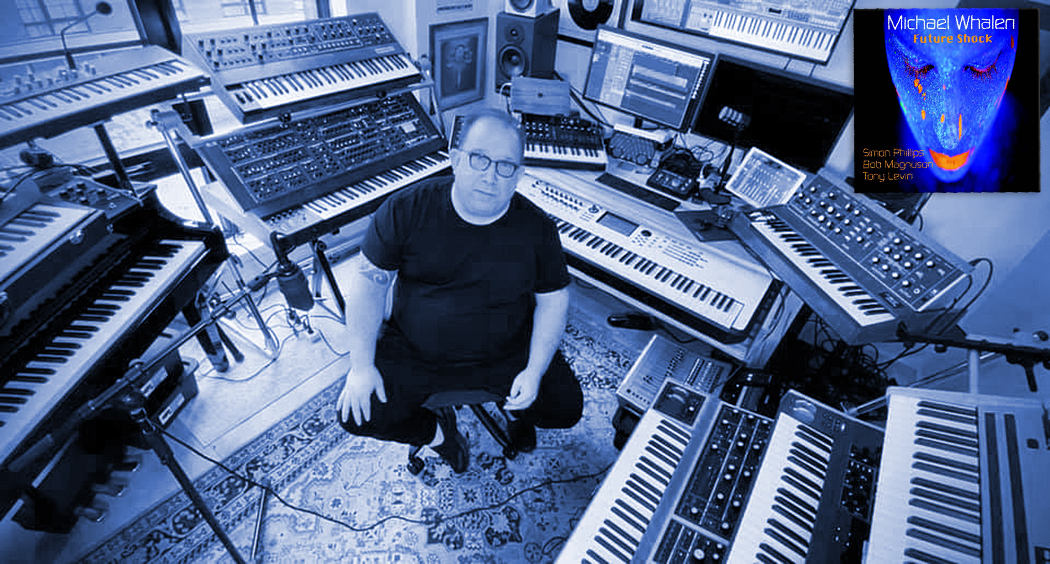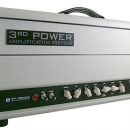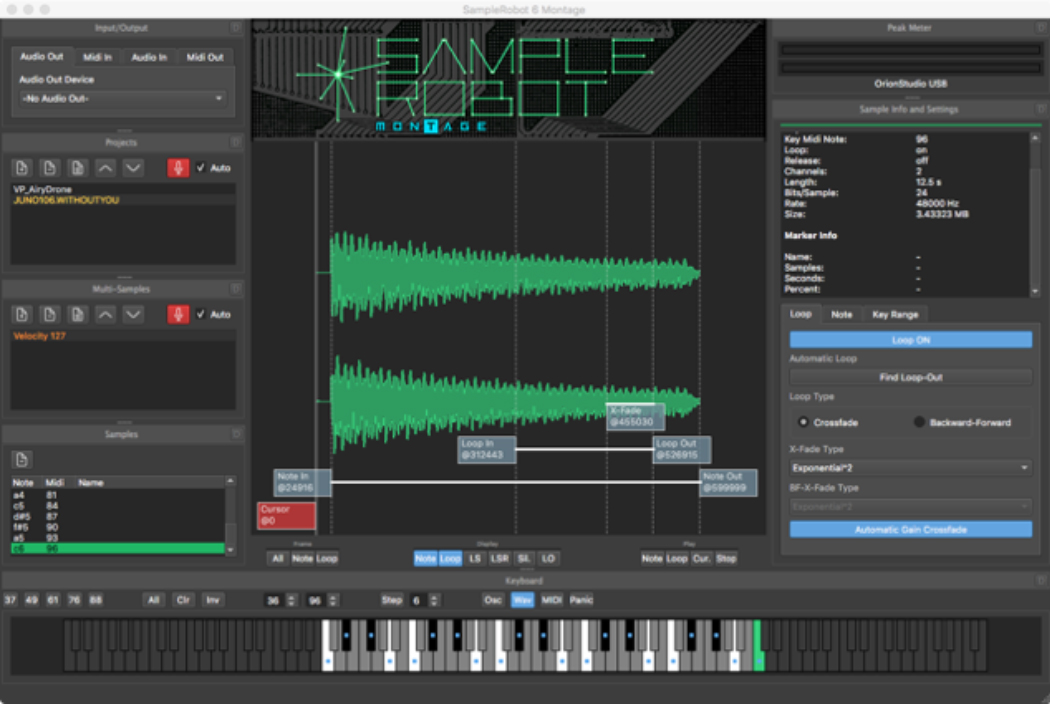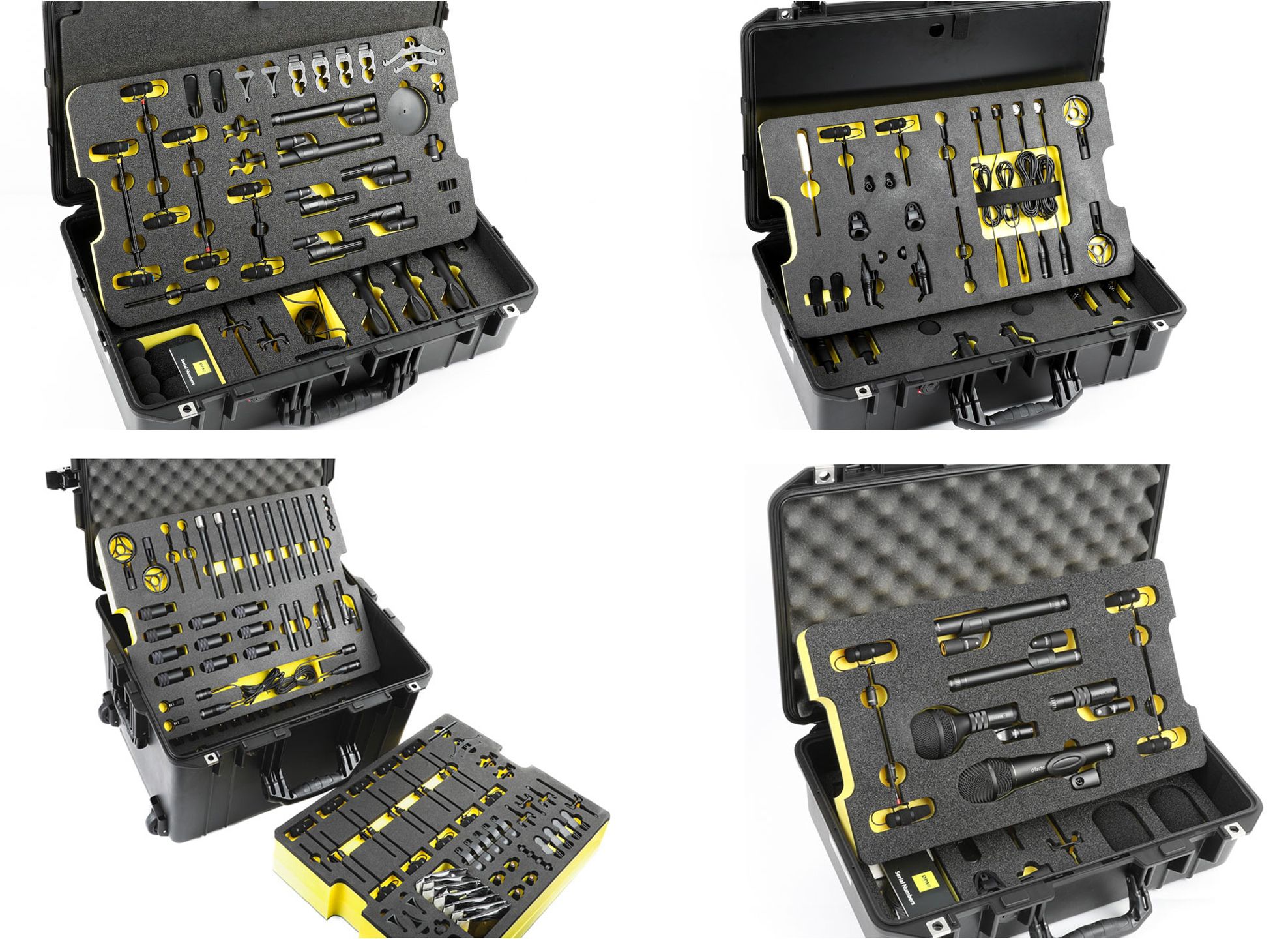
 Six years ago, we reviewed the first iterations of Strum (see review here). We thought it was a very good sounding virtual instrument, particularly remarkable in that it used no samples and created all of its guitar sounds through modeling technology. The playing technique was also innovative, allowing a keyboard player to “strum” guitar chords by means of the left hand doing the fingering and the right hand using individual keys for up strokes and down strokes.
Six years ago, we reviewed the first iterations of Strum (see review here). We thought it was a very good sounding virtual instrument, particularly remarkable in that it used no samples and created all of its guitar sounds through modeling technology. The playing technique was also innovative, allowing a keyboard player to “strum” guitar chords by means of the left hand doing the fingering and the right hand using individual keys for up strokes and down strokes.
Fast forward to 2016, and we finally have Version 2. No longer separate products, acoustic and electric guitars are together in one plug-in, and the user interface is much more streamlined (and should feel quite familiar to users of another virtual instrument we like—AAS Chromophone 2). Over the years, there have been quite a few virtual guitar instruments, and hardware synths these days have impressive sounding guitar patches. But it’s the ability to play the guitar sounds in a convincing manner that really separates Strum from the pack. AAS Strum GS-2 delivers very convincing guitar sounds, presented through a very playable interface. And since there are no samples, Strum GS-2 only takes up 75MB of disk space!
Like Chromophone 2, the three main pages within the interface are Play, Edit, and Effects; the buttons to access each are located in the middle of the screen. Under the hood, GS-2 now runs natively in 64-bit mode on both Mac and Windows platforms.
On the Play screen, there are now three modes of playing: keyboard, strumming and looping. The strumming capabilities of the original Strum are still present, and this is called Guitar Mode (see our original review for a more thorough description). A new addition is Keyboard Mode. In this mode, you just play the notes as you normally would as a keyboard player. Keyboard mode directly responds on a note-for-note basis to what you play. Single notes, double stops, and even triple stops are possible, and lead-guitar performances are particularly well suited to this mode.
The other mode is Loop Mode. It had a somewhat rudimentary implementation in the first version, but in GS-2 the capability is well exploited and powerful. In Loop mode, each preset has a set of seven loops that can contain strumming patterns, and there are over 400 loops in total. You can easily switch between the seven patterns with dedicated key switches, and by a designated octave of keys. This is graphically shown below:
 |
Even better, you can drag the MIDI data into your DAW for editing- and essentially create your own loops! An example in a MIDI editor looks like so:
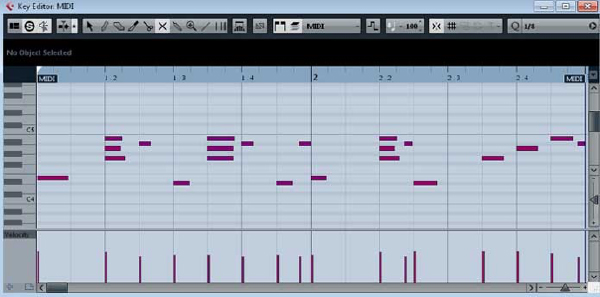 |
This is, we think, a really cool feature that lets you really tailor the rhythm to whatever you see fit. We imagine progressive rockers will have fun creating funky loops in 7|4 time!
Going into Edit mode, you will see a screen similar to this:
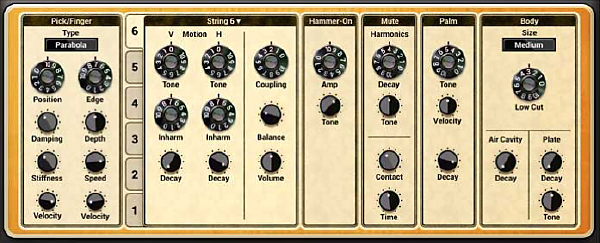 |
Here you can change the sonic characteristics of the modeled sound you are playing, including picking, string, hammer-ons, mute, and so on. We thought the numerous presets were all quite good, so we didn’t find the need to tweak much, but you can do quite a bit of guitar sound design in here! The Electric guitars selection even allows for pickup editing, as below:
Finally, the Effects screen looks like this:
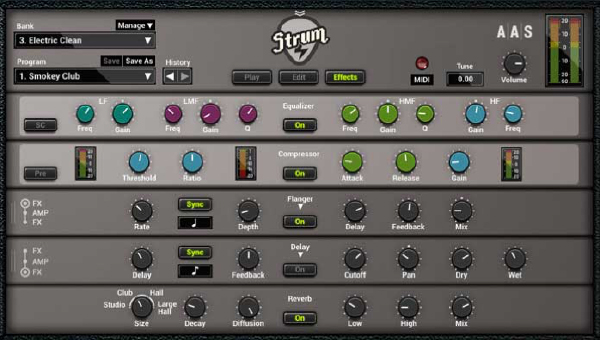 |
All the expected effects are present: compressor, equalizer, delay, distortion, phaser, chorus, flanger, wah, notch filters, and reverb. They all sounded good and further enhanced the realism of the guitar sounds.
As always, at the end of the day, it’s about the sound. We liked the first version of Strum, but GS-2 is superior in every way. The sonic quality is great, and you’d be hard pressed (especially in a mix) to tell that it’s not the real thing. There are many presets in both acoustic and electric to cover just about any need, and the greatly expanded Loop mode and better GUI make it a breeze to get up and running. AAS even has instructional videos online if you still need some guidance.
At $199, Strum GS-2 is a good deal, and we have every intention of putting it to work in our own studio. Well done!
Video courtesy of AAS
Contact Information
Applied Acoustic Systems
www.Applied-Acoustic.com

